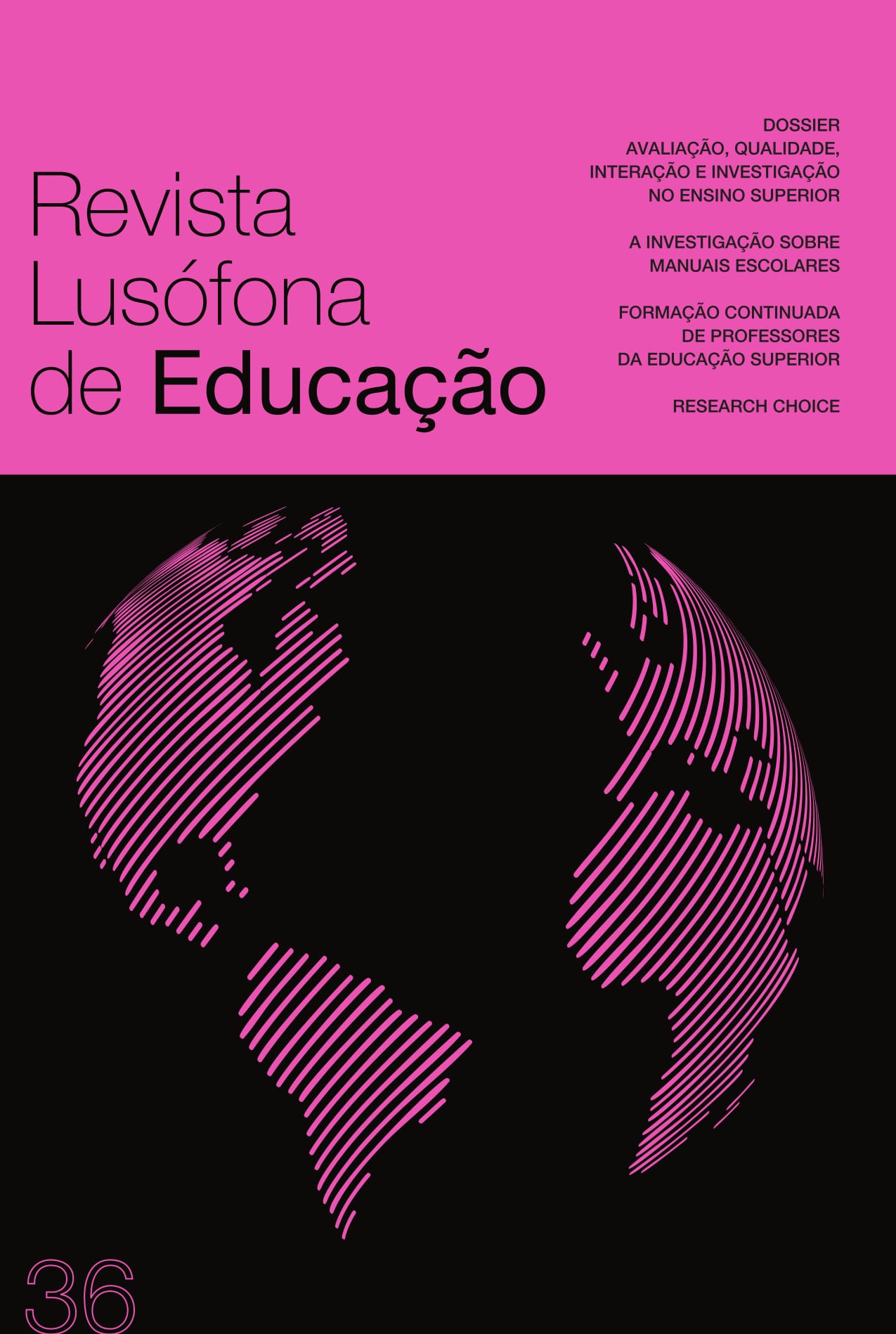Research choice: Pragmatism in conducting research about university enterprise collaboration in the Vietnamese context
Resumo
This article discusses the choice of methodology I had when conducting research on the university-enterprise collaboration (UEC) in the Vietnamese context. As I am more interested in how best to address the research problems rather than in the politics of methodology, the discussion in this paper will not focus on the differences between the two dominant approaches to educational research (qualitative and quantitative). Rather, this paper will discuss my way to approach the problems in order to find the best possible answers for the research questions. In this study, pragmatic approach was employed to develop a rich, contextualized understanding of underlying values, beliefs and assumptions that guide actions. This was done by a two phases research study: quantitative surveys focusing primarily on revealing current UEC situation, its obstacles and solutions were used first, then the qualitative interviews were followed to explore in depth why those obstacles existed and how feasible the solutions were - this was also the goal of this study. The focus on the second phase – to discuss the most meaningful and revealing issues related to the local issued of UEC, ultimately, helped me produce more meaningful study outcomes.
Keywords: qualitative; mixed methods; pragmatism; constructivism; university-enterprise collaboration; Vietnam.







